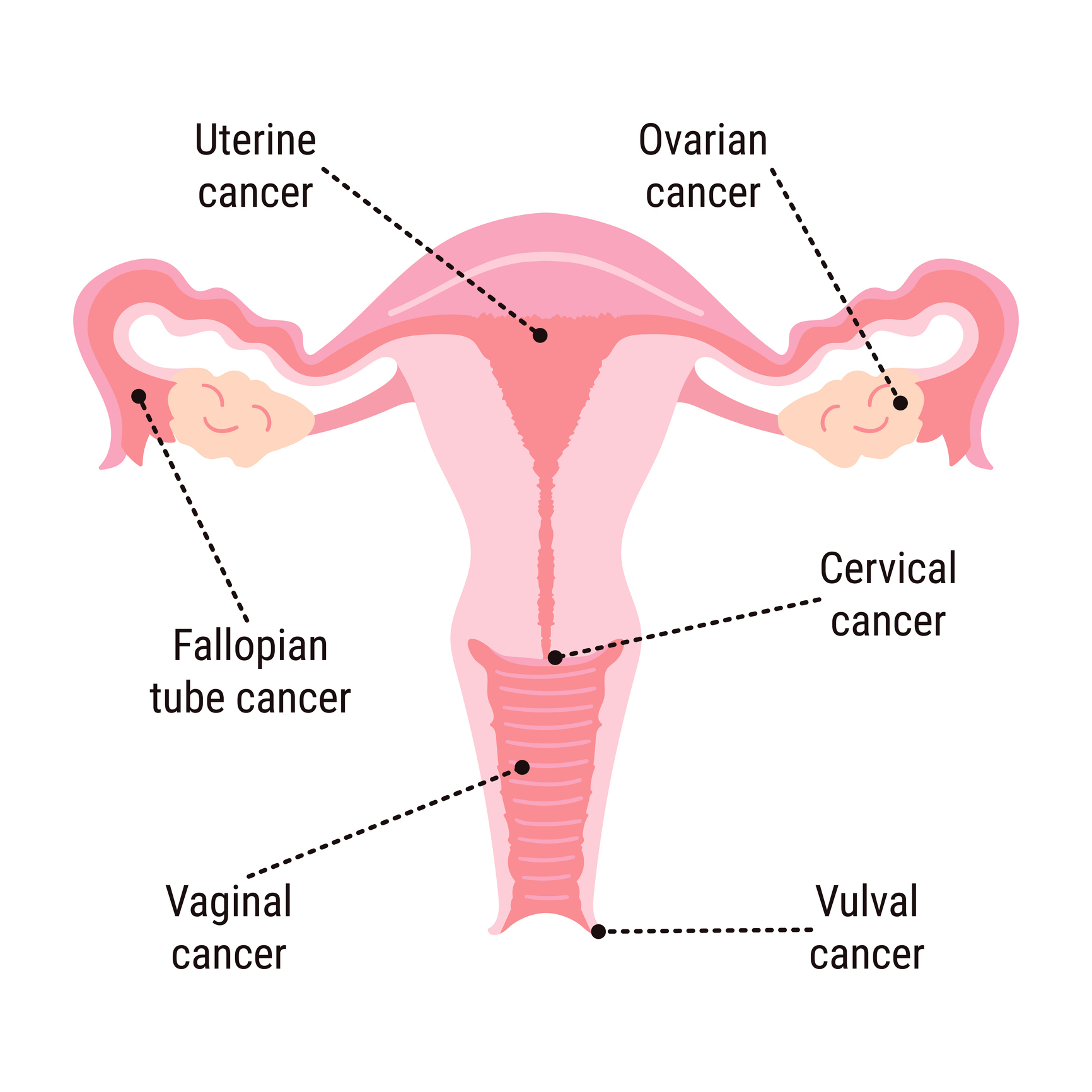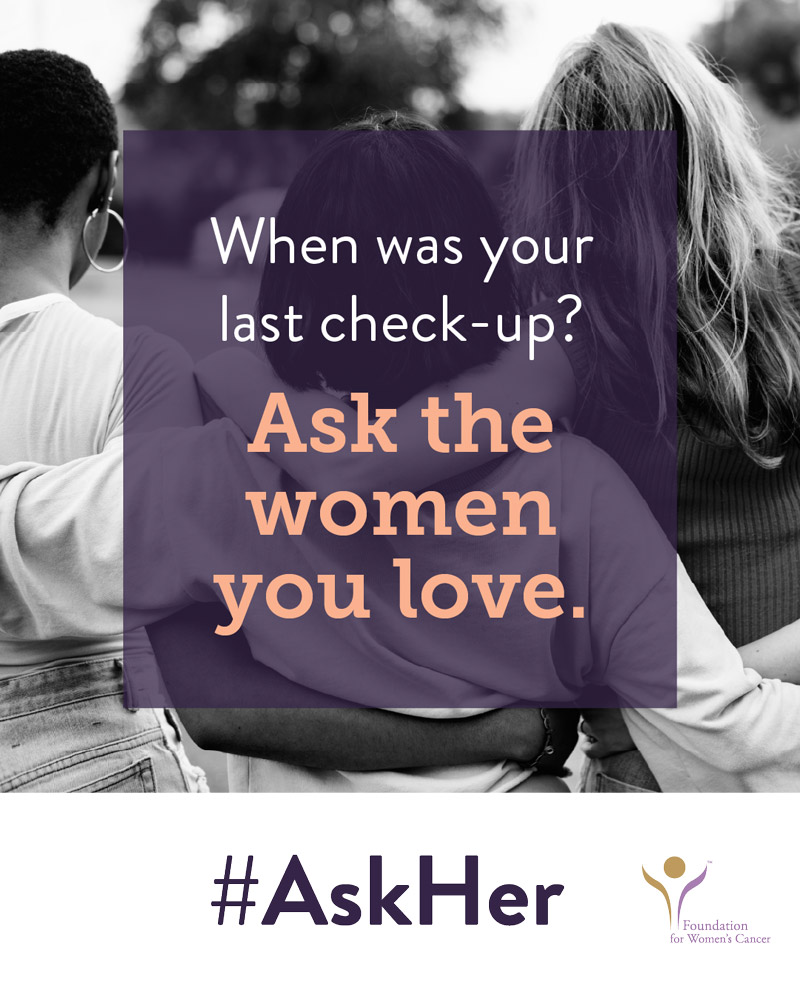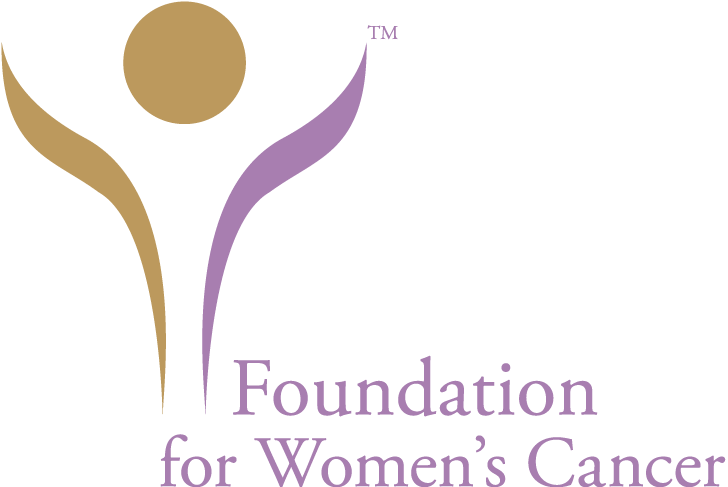Know the Signs. Save a Life.
Unlike breast cancer, most gynecologic cancers do not have routine screening tests. That’s why knowing the symptoms is critical. Gynecologic Cancer Awareness Month is a time to learn the signs, share them with the women you love, and take action when something doesn’t feel right. Awareness begins with a question.


Awareness begins with a question.
Start the conversation with the women in your life. #AskHer:
- Do you know the signs of gynecologic cancer?
- When was your last check-up?
- When was your last Pap or HPV test?
- Have you had the HPV vaccine?
- Have you noticed unusual bleeding or persistent pain?
- Do you know your family history of gynecologic or related cancers?
- Did you know not all gynecologic cancers have screening tests, and symptoms are key?
